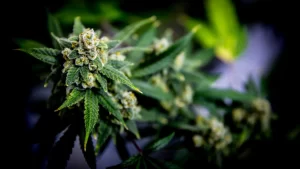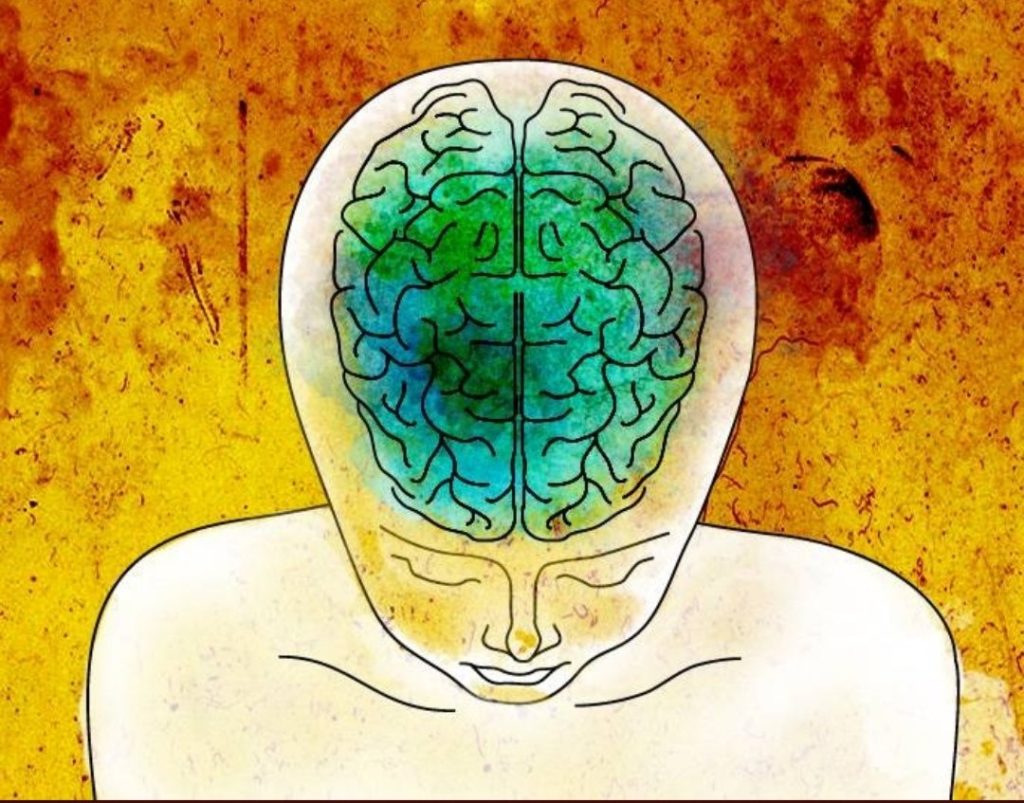Uncategorized
Decoding the Enigma: Cannabis Schizophrenia and the Intricate Relationship Between Substance and Mind
In the intricate landscape of mental health and substance use, the relationship between cannabis and schizophrenia, often referred to as Cannabis Schizophrenia, has long intrigued researchers, medical professionals, and society at large. This article embarks on a journey to explore the multifaceted link between these two domains. Delving into scientific insights and real-world implications, we seek to shed light on the complex interplay between cannabis and schizophrenia, unraveling the nuances that define this enigmatic relationship.
The Neurochemical Dance: Cannabis, Dopamine, and Schizophrenia

In the intricate web of neurochemistry, the connection between cannabis, dopamine, and schizophrenia unveils a captivating narrative that beckons us to explore the mysteries of the human brain. At the crux of this relationship lies dopamine, a key player in the intricate dance of neurotransmitters that orchestrate our thoughts, emotions, and perceptions. Both cannabis and schizophrenia cast their influence upon this delicate balance, and delving into their interplay reveals a realm of profound implications.
Dopamine, often hailed as the “feel-good” neurotransmitter, holds the power to shape our experiences of pleasure, reward, and motivation. In the realm of cannabis, this neurotransmitter finds itself both partner and protagonist. The compounds within cannabis, particularly delta-9-tetrahydrocannabinol (THC), engage with the brain’s endocannabinoid system, triggering the release of dopamine. This neurochemical surge is at the core of the euphoric sensations often associated with cannabis use.
This enthralling interaction between cannabis and dopamine takes on a more enigmatic hue when we turn our attention to schizophrenia—a complex and multifaceted mental disorder. Schizophrenia, often characterized by a distorted perception of reality, disrupted thoughts, and emotional withdrawal, has been the subject of intensive research in the context of cannabis use. While the exact causes of schizophrenia remain elusive, research has unveiled intriguing links to dopamine dysregulation, and there has been a significant focus on understanding the potential relationship between cannabis and schizophrenia.
An overactivity of dopamine receptors is implicated in the manifestation of certain schizophrenia symptoms, and scientists have been diligently working to untangle the intricate web that connects cannabis use and the risk of developing schizophrenia. Some studies suggest that excessive dopamine release triggered by cannabis may exacerbate the symptoms of schizophrenia in susceptible individuals, acting as a potential catalyst for the disorder’s onset or progression.
This exploration into the neurochemical dance between cannabis, dopamine, and schizophrenia transcends the confines of a mere scientific inquiry. It invites us to contemplate the delicate balance that governs our minds and the intricate interplay of factors that shape our mental health. While the relationship between cannabis, dopamine, and schizophrenia—often referred to as Cannabis Schizophrenia—is complex and multifaceted, it is also a testament to the intricate beauty of the human brain—a realm where scientific curiosity intersects with empathy and a deep-seated commitment to unraveling the complexities of the mind.
Unveiling the Cannabis-Schizophrenia Paradox: Risk Factors and Vulnerabilities

As we unravel the relationship between cannabis and schizophrenia, including Cannabis Schizophrenia, we confront the paradoxical nature of their connection. While some individuals may use cannabis without apparent consequences, others may face an increased risk of developing schizophrenia. We explore the intricate web of genetic predispositions, environmental factors, and vulnerabilities that contribute to this paradox, illuminating the complex mechanisms that underlie the cannabis-schizophrenia relationship.
From Causation to Correlation: Untangling the Research Web
Untangling the complex relationship between cannabis and schizophrenia, including Cannabis Schizophrenia, requires a nuanced examination of research findings. We delve into the body of scientific literature, deciphering studies that explore causation, correlation, and potential confounding variables. By critically analyzing the methodologies and outcomes of these studies, we aim to provide a comprehensive view of the current state of knowledge and ongoing debates surrounding the cannabis-schizophrenia relationship.
Navigating Prevention and Intervention: Implications for Mental Health Care

As our understanding of the link between cannabis and schizophrenia, including Cannabis Schizophrenia, deepens, we confront important implications for mental health care. We explore strategies for prevention and intervention, highlighting the role of education, early detection, and personalized approaches. By addressing the intersection of cannabis use and schizophrenia risk, we contribute to the broader conversation on promoting mental well-being and reducing the potential harm associated with cannabis use.
Navigating the Cannabis-Schizophrenia Connection: Insights and Implications
The relationship between cannabis and schizophrenia, including Cannabis Schizophrenia, remains a dynamic and evolving field of study. As we navigate the intricate neurochemical interactions, paradoxes, and research landscapes, we gain insights into the multifaceted nature of this connection. By unraveling the link between cannabis and schizophrenia, including Cannabis Schizophrenia, we contribute to informed discussions, evidence-based interventions, and a deeper understanding of the complex interplay between substances and mental health—a crucial step toward fostering holistic well-being in individuals and communities alike.


